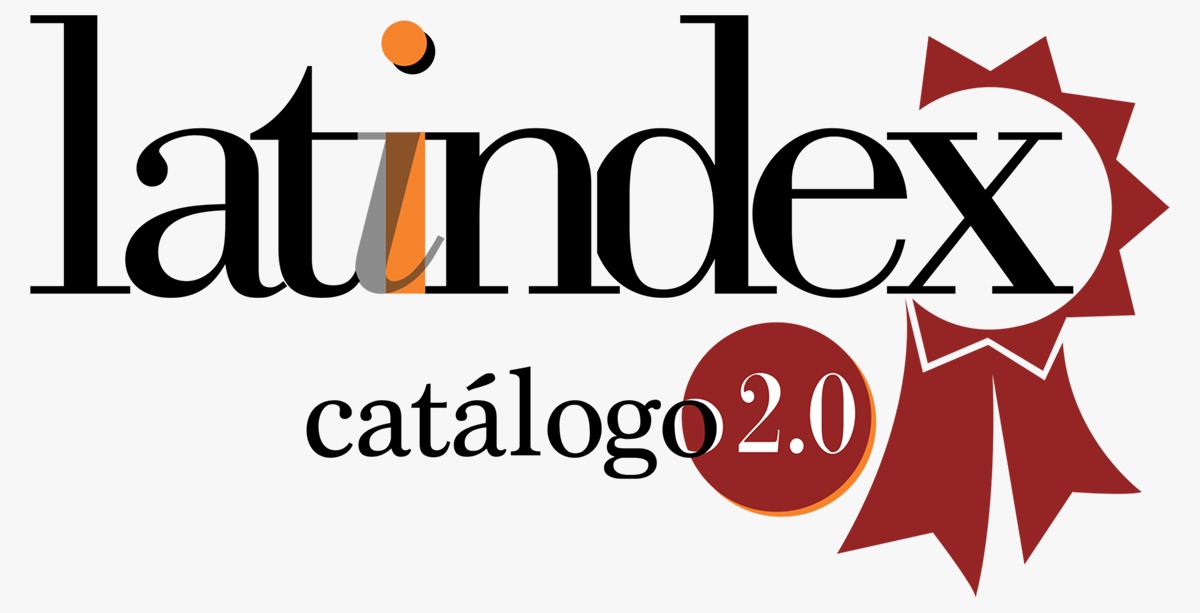Problem-based learning and its influence on the development of critical thinking in higher education students
DOI:
https://doi.org/10.47865/igob.vol7.n28.2024.384Keywords:
Critical thinking, Problem-based learning, Active methodologies, CompetenceAbstract
The profile of graduates from various careers today requires that they have the skills that will allow them to successfully enter their work environment and contribute to the solution of different problems in society. Hence, the objective of this study is to determine the influence of Problem-Based Learning (PBL) on the development of critical thinking in higher education students. For this, 11 sessions were provided, with the aforementioned methodology, to 80 students in the experimental group. The approach was a quantitative quasi-experimental design, with two groups. The results showed that the application of PBL was significant in critical thinking because the initial results were 75.5 points and subsequently increased to 120.1. It is concluded that the application of an active methodology such as PBL is effective in the development of high cognitive demand skills.
Downloads
Downloads
Published
How to Cite
Issue
Section
License

This work is licensed under a Creative Commons Attribution-NonCommercial-ShareAlike 4.0 International License.
Esta obra está bajo una licencia internacional Creative Commons Atribución-NoComercial-CompartirIgual 4.0.
















